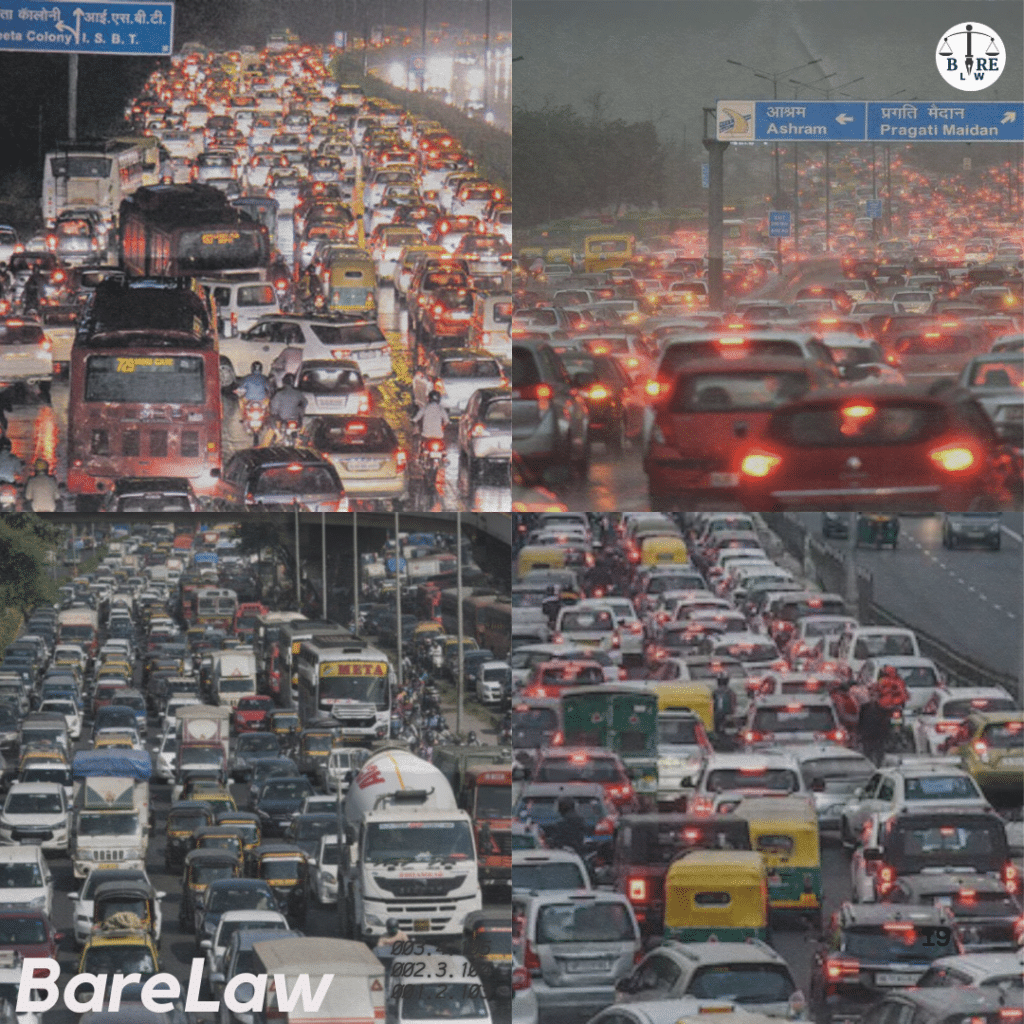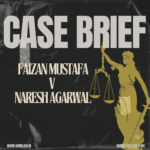The Court was hearing a plea challenging an LOC issued against a man concerning a matrimonial dispute case. Abhayjeet Singh vs State of Rajasthan

Rajasthan High Court lays down guidelines for issuance of LOCs
The Rajasthan High Court has noted that investigative authorities are indiscriminately employing Look Out Circulars (LOCs) to obstruct the foreign travel of accused individuals without adequate grounds [Abhayjeet Singh vs State of Rajasthan].
Justice Arun Monga stated that such practices inflict significant annoyance and humiliation on individuals adversely impacted by the LOCs.
“They must traverse various avenues, including seeking judicial relief.” This thus leads to a significant increase in the administrative workload of the relevant authorities and the Courts. The single-judge stated, “Ultimately, that contravenes the broader public interest.”
Hence, the Court issued the following guidelines for the authorities to follow in the issuance or continuation of the LOCs:
- An order for the issuance of a LOC can only be issued in cognizable offences under the IPC or other penal laws, where the accused is deliberately evading arrest or not appearing in the trial court despite coercive measures, and there is a likelihood of him leaving the country to evade the law.
- In other cases, the originating agency must record reasons and grounds for his satisfaction that the passport is likely to be impounded or revoked by the Passport Authority “either in the interest of sovereignty or integrity, security of India or in the interest of friendly relation of India with a foreign country or general public interest.”
- In cases where the person is on bail, the LOC must not conflict with or override the bail terms and conditions.
- Once an investigation is complete, the concerned trial court must be informed about the LOC “to ensure propriety and to prevent misuse of the power to issue order for opening an LOC or continuance thereof, as the case may be.”
- The order for issuance of LOC must specifically state that the initial validity of an LOC shall not exceed four weeks. Extensions are permissible only if based on reasons given in writing.
- The person against whom LOC is issued must be allowed a hearing within eight weeks.
- If no cognizable offense is involved, the passport holder cannot be detained or prevented from leaving the country. In such cases, only a request can be made to be notified of arrival or departure.
- The originating agency must review LOCs every three months, giving reasons in writing and then informing the Bureau of Immigration (BOI) accordingly.
- The originating agency must send a deletion request to BOI as soon as the LOC’s purpose is fulfilled or the subject is arrested.
- Each originating agency in every district of the state must appoint a nodal officer to ensure effective communication and updates with the BOI, Ministry of Home Affairs.
The Court was considering a petition against the LOC issued against an individual related to a divorce dispute. The Bureau of Immigration issued the Look Out Circular at the behest of the Rajasthan Police.
To adjudicate the case, the Court examined the origins of the issuing of LOCs.
The word ‘LOC’ is not referenced in the Passport Act and was, in fact, devised by the Ministry of Home Affairs through an Office Memorandum (OM) in 1979.
at addition to the Government of India at the Ministry of Home Affairs (MHA), numerous other authorities have issued circulars to monitor the entrance and exit of both Indians and foreigners. The authorities encompass the Ministry of External Affairs, the Customs and Income Tax Departments, the Directorate of Revenue Intelligence, the Central Bureau of Investigation, Interpol, Regional Passport Officers, and police agencies across numerous states.
The Court acknowledged the subsequent amendments made to the OM and determined that,
“The concept of LOC was originally intended to apply solely in situations where the security, integrity, or sovereignty of India was threatened, or where relations with neighboring countries could be jeopardized.”
Moreover, it stated that the MHA subsequently broadened the scope of LOCs through administrative directives by incorporating additional penal offenses and those detrimental to the nation’s economic interests.
The Court abstained from addressing the constitutionality of the OMs issued by the MHA, as they were not contested. Nonetheless, it noted that the invention exceeded the parameters established by the Passports Act.
Can LOC be issued without request for impounding or revocation of passport?
The Court observed that the Passport Act permits the Passport Authority to impound or revoke a passport “if deemed necessary for the sovereignty and integrity of India, national security, friendly relations with foreign nations, or the general public interest.”
Section 10-A(1) of the Passport Act permits the Centre or an appointed officer, upon determining that a passport may be subject to impoundment or revocation, to issue an order that could invalidate the travel document.
The Court noted that without the initiation of a case for the impounding or revocation of the travel document, there would be insufficient material or grounds for the designated officer to ascertain the likelihood of such an event occurring.
The Court found no evidence indicating that any request had been submitted in this matter. It further observed that no hearing opportunity was provided as required by law.
The Court determined that the continuation of the LOC against the petitioner was unwarranted.
The police were instructed to promptly direct the BOI to rescind or terminate the LOC issued against the petitioner.
Advocate Nishant Bora represented the applicant.
Public Prosecutor Vikram Rajpurohit represented the State.







